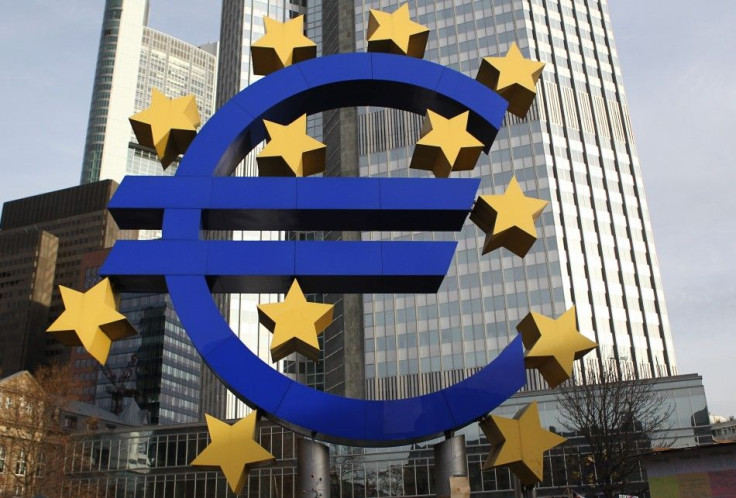EUR/USD Could Break Lower End of 1.30 - 1.35 Range in Short-Term: Analysts

The euro (EUR) continues to weaken against the U.S. dollar (USD) due to growing concerns over the political and economic situations in the region, with the latest dismal data and elections in France and Greece likely to put further downward pressure on the single currency.
“The EUR/USD has remained within the 1.30-1.35 range for 3 months but looks increasingly vulnerable. As far as political and economic news is concerned, the main short-term risk is for a break at the lower end of the range,” said a note from Societe Generale Cross Asset Research.
Recent set of bleak data showed that the manufacturing activity and unemployment in the 17-nation eurozone continued to fall, and also proving that the region’s economic recovery in the early part of this year is temporary.
The final eurozone manufacturing purchasing managers’ index (PMI) slumped to a 34-month low of 45.9 in April from 47.7 in March, Markit Economics data showed on Wednesday. Meanwhile, the unemployment rate in the eurozone rose to a new record high of 10.9 percent in March, the Eurostat said.
On the other hand, the U.S. Institute for Supply Management (ISM) manufacturing index unexpectedly rose to 54.8 in April from 53.4 in March, showing growing divergence in growth between the two regions.
“Despite some recent concerns on US data, the latest US ISM manufacturing data underscores the continued fundamental divergence between the US and the Euro-area and we continue to look for downside in the pair,” said a note from RBS.
Moreover, the PMI data showed that the contraction in manufacturing output in the troubled nations such as Spain and Italy continues to accelerate, increasing the risk of reaching the budget deficit targets by their respective governments.
“Global stress regarding the financial crisis is rising again (especially on Spain following the new downgrade decided last week) and the absence of any fresh political decision from European authorities is surprising,” said Societe Generale.
Last week, Standard & Poor's (S&P) downgraded Spain’s credit rating by two notches from A to BBB+ with negative outlook, citing reasons as worsening economic outlook and increased risks for further rise in government debt.
© Copyright IBTimes 2024. All rights reserved.











